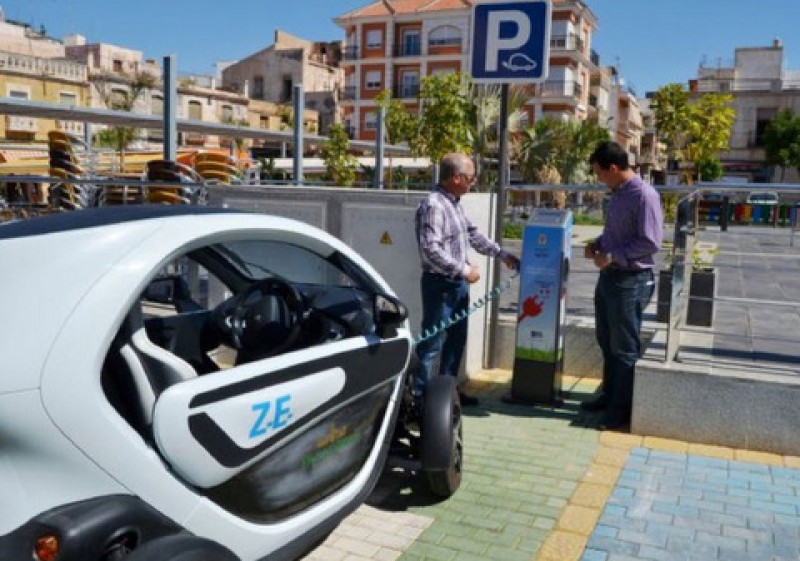ARCHIVED - Spanish government subsidies fail to boost electric car sales
Petrol and diesel engines still power two thirds of all new vehicles sold in Spain
The importance of implementing measures to minimize the effects of climate change has been further underlined this week by the publication of warnings from the IPCC, but it appears that a new subsidy scheme introduced by the Spanish government in an effort to encourage car buyers to opt for fully electric vehicles is not meeting with any significant success.
Earlier this year it was decided that in Spain subsidies should be offered only for the purchase of new electric vehicles, but despite this the latest figures available show that during July only 2 per cent of sales concerned this environmentally friendly category. Instead of providing a shot in the arm for electric car sales, the decision appears to have led to a decrease in overall car sales, with the total of 83,900 new registrations representing a decrease of 28.9 per cent in comparison with July 2020.
Sales to private owners dropped by a drastic 42.4 per cent while in the case of businesses the fall was 25 per cent, and only a 15 per cent rise in sales to rental companies avoided an even sharper overall decrease.
Perhaps more importantly, though, 48 per cent of new vehicles sold run on traditional petrol engines and another 20.6 per cent on diesel fuel. The category of hybrid and electric cars accounted for almost a third, but the vast majority of these were the hybrid models which are not legible for government subsidization.
Change is coming to the Spanish automobile market, and approximately one in five of all cars on the road are now hybrids of one sort or another. In addition, it is stated EU policy to completely eliminate the sale of all new diesel and petrol vehicles by 2035.
The question, though, is whether that change is happening quickly enough, and it would seem that so far the Spanish government’s efforts to accelerate the process are at best a partial success. If the rate of change is to be increased, it may be worth bearing in mind that the automobile manufacturers association Anfac warns that around 340,000 rapid high-powered charging points will need to be installed by 2030: at present the figure stands at well under 10 per cent of that target.
























